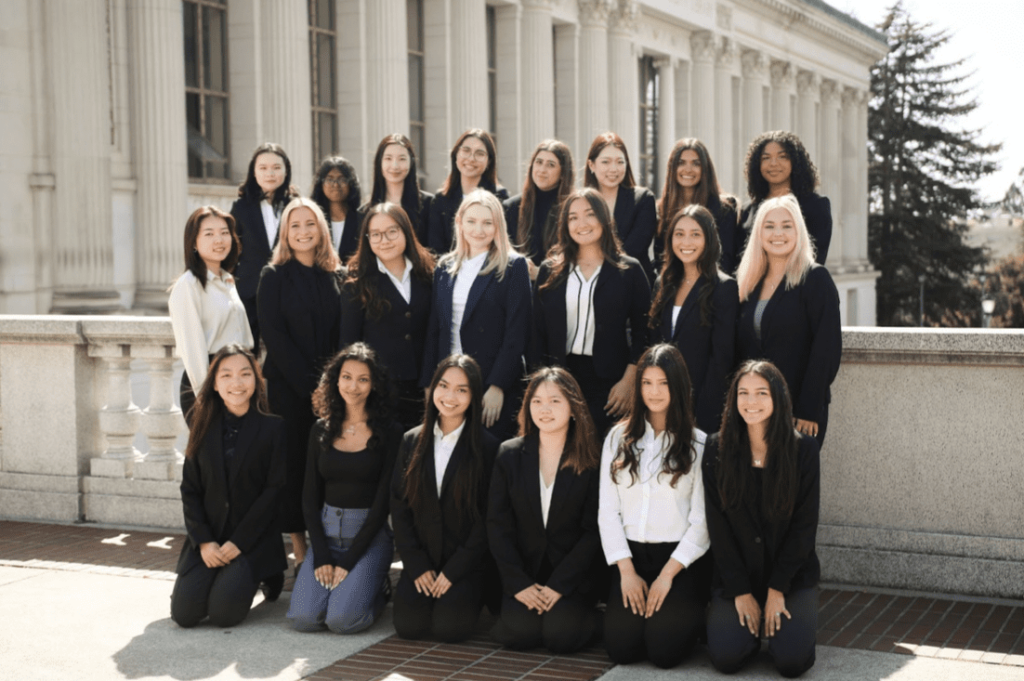Being Productive in Quarantine
Every day since this shelter-in-place started, I have constantly questioned my productivity and indulged in self-reprimand. Why am I not productive when other people are? Why can’t I learn more skills, work through projects, or try new things? I feel like I am lagging behind, regardless of whatever schoolwork I did that day. Coming from a place where I am privileged enough to be at home and privileged enough to be able to work remotely, I feel like I am not taking the best advantage of my time.
This mindset, while motivational and gets the job done, is also equally dangerous and toxic, especially during this pandemic. It fails to take into account that we are going through a global crisis — there is a constant threat to our safety, and people will process that differently, including yourself! We are going through drastic changes in our day-to-day, with our work, our financial situations, and our families, yet there is an expectation for us to continue our lives as normal.
The term collective trauma refers to the psychological reactions to a traumatic event that affect an entire society; it does not merely reflect a historical fact, the recollection of a terrible event that happened to a group of people. It suggests that the tragedy is represented in the collective memory of the group, and like all forms of memory it comprises not only a reproduction of the events, but also an ongoing reconstruction of the trauma in an attempt to make sense of it. (frontiers in Psychology)
Take time to rest. It is normal to feel tired, overwhelmed, panicked, and anxious during this time, and you should not feel guilty for what you are feeling. This pandemic has affected each and every one of us, and people should not feel like they have to work as they have in the past.


